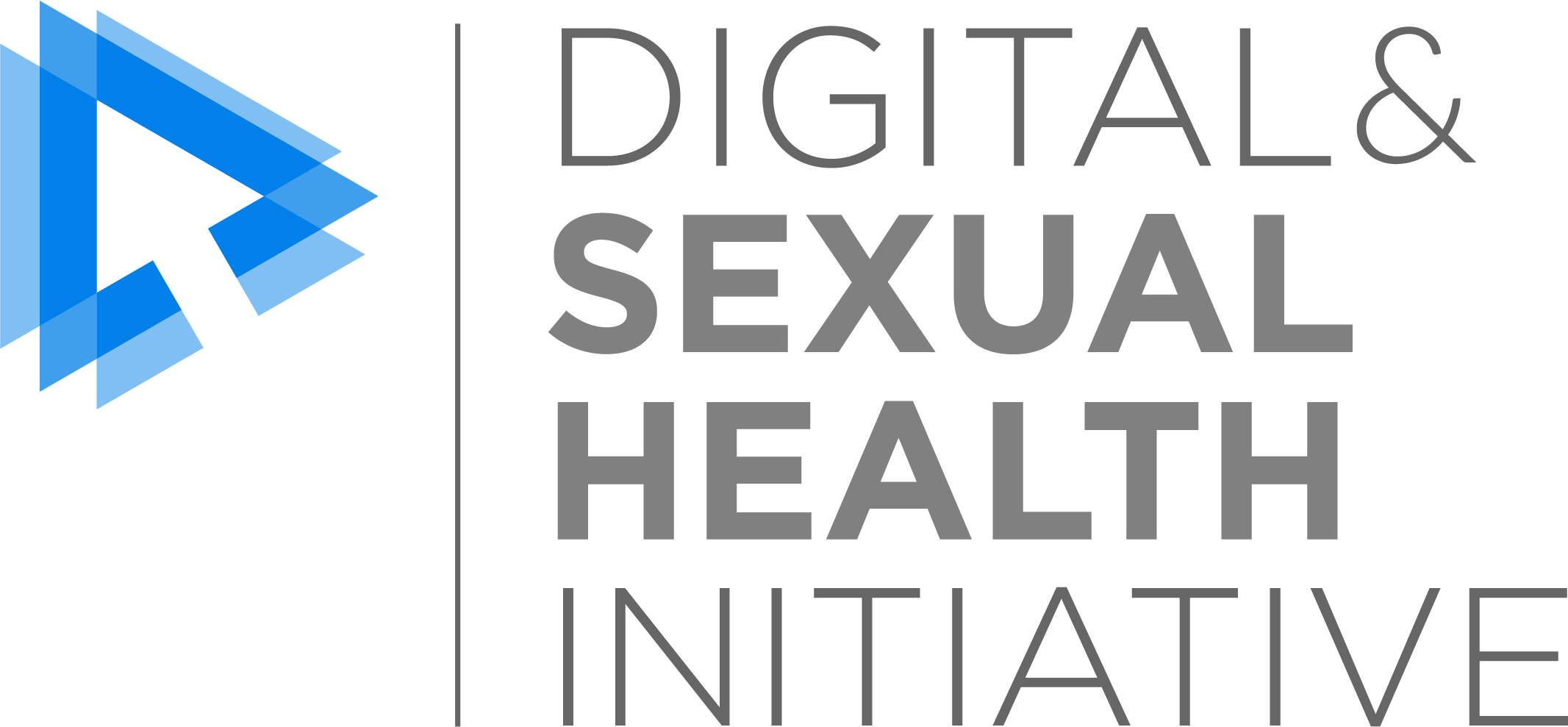Adapting self-collection STBBI testing models for rural and remote communities in BC (“the ASTERR study”)
Research theme(s)
STBBIs and Related Services
Dates
2024-2027
Funding
Canadian Institutes for Health Research
Principal investigator(s)
Mark Gilbert, Daniel Grace, Catherine Worthington
Research team
Sofia Bartlett, Ann Burchell, Tyrone Curtis, Christopher Draenos, Jo Gibbs, Jonathan (Troy) Grennan, Devon Haag, Linda Hoang, Ihoghosa Iyamu, Agatha Jassem, John Kim, Rakel Kling, Nathan J Lachowsky, Jonathan ; Malo, Joanna Mendell, Sheona Mitchell-Foster, Patrick O’Byrne, Gina S Ogilvie, Heather Pedersen, Travis Salway, Jason Wong.
Allowing people to collect their own specimens for testing for sexually-transmitted infections (STI) at home is recommended by the World Health Organization to make it easier for people to get tested. Self-collection programs involve people receiving a kit with instructions and materials, collecting specimens, returning kits to a lab, and getting their results. Widely accessible self-collection programs are available in other countries, but this is not the case in BC or Canada. Self-collection programs may be especially helpful in rural and remote communities where standard STI testing services are less available, although there may be unintended consequences including use being lower among groups that are socially marginalized. We propose conducting research studies that will help develop a self-collection program for STI testing in BC. As a first step we will find out more about what has made self-collection programs successful in rural and remote communities in Canada and other countries. We will then work with people, providers, and decision-makers in rural and remote communities to identify appropriate and practical models for self-collection and understand the requirements that must be met for these models to be implemented in BC. Overall, we hope that by centering people’s perspectives, starting where challenges are greatest in accessing testing, and being closely connected to the agencies who will be developing self-collection programs, that our research will contribute to a successful future roll-out of self-collected programs for STI testing in rural and remote communities in BC.
